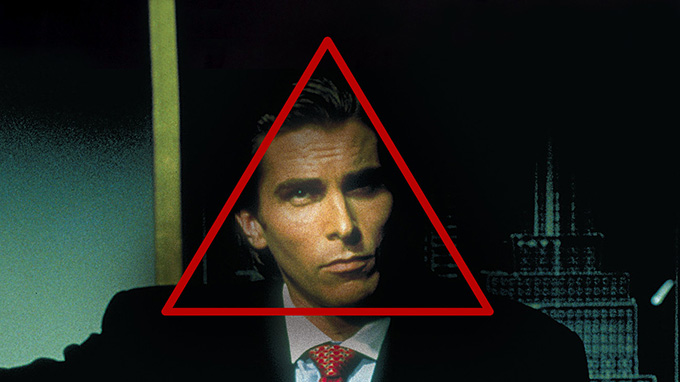
Every day there are headlines about Donald Trump’s many legal woes. At his ongoing criminal trial in a Manhattan courthouse, the former president of the United States is accused of the inappropriate use of campaign funds to cover up a sexual relationship with former adult film actress Stormy Daniels.
Despite Trump’s many legal challenges and his dubious personal attributes, he’s the Republican Party presidential nominee heading into the November election.
Love him or hate him, there can be little doubt about some of Trump’s key personality traits. Not surprisingly, various professionals have made arm’s-length assessments of the former president, and he rates quite high in what are known as the Dark Triad personality traits.
Dark Triad poster boy?
Dark Triad traits consist of the personality characteristics of Machiavellianism, narcissism and psychopathology. Let’s look at each of these briefly:
— Machiavellianism involves a comfort with interpersonal manipulation and a generalized lack of morality or empathy.
— Narcissism tends to involve a sense of entitlement, selfishness and a need for admiration.
— Psychopathy tends to manifest through deceitfulness, impulsiveness and manipulative tendencies.
Overall, leaders with Dark Triad traits are a cause for concern.
It seems somewhat intuitive that we don’t want our leaders to be selfish, deceitful or manipulative, and there’s evidence that people with Dark Triad traits pose a real insider threat risk to organizations.
An insider threat risk involves a trusted member of an organization who takes advantage of that trust to abuse the relationship and cause harm.
There’s also evidence that Dark Triad personalities can be associated with people who advance into leadership roles. They tend to use their malevolent traits to navigate office politics and are then seen as being capable of making fearless decisions.
If the Dark Triad of Machiavellianism, narcissism and psychopathology are found in both corporate leaders and in those who pose an insider threat risk, it’s important to distinguish friend from foe.
Social control theory
American sociologist Travis Hirschi first brought the idea of social control to the world’s attention in 1969. Social control theory looks at four concepts — attachment, commitment, involvement and someone’s beliefs — as having the potential to offset deviant behaviours.
To unpack these a bit, attachment considers someone’s connection to society, friends and family and how these might offset a criminal act.
Commitment looks at the cost benefit someone weighs before making a decision. For example, someone committed to their work or education will not want to risk losing their job or being kicked out of school.
Involvement considers someone’s social inclusion and engagement in activities. Someone more involved in activities is less likely to commit an illegal act for fear of being removed from the group.
Finally, beliefs pertain to whether the person was raised with a core and common belief system that conforms with general societal norms.
It’s worth noting that someone’s social bonds can change over time, and this can have both a positive or negative impact. For example, attachment may come in the form of a new and meaningful relationship, or involvement through engagement in supporting charities. This suggests a person’s story is not always set in stone in youth.
In looking at the potential for an insider threat risk, it’s important to look at both the existing Dark Triad traits and social bonds on a continuum.
Does Trump have social bonds?
So should Trump be viewed as a potential insider threat risk in terms of what he might do if elected president in November? Because there’s evidence the former president has Dark Triad traits, it’s important to now look at his social bonds.
During testimony at the hush money trial, Trump’s former “fixer,” lawyer Michael Cohen, has described his onetime boss’s lack of concern about his wife, Melania Trump, knowing about the Daniels affair. He also testified about Trump turning his back on their own decades-long friendship, disregarding the social bond they had presumably built over this extensive close contact.
Attachment therefore seems to be absent.
When looking at commitment, Trump seems committed to his own personal advancement. But considering he’s facing more than 90 felony counts on matters related to the hush money scandal, election subversion and storing classified documents at his home in Florida, there’s scant evidence that he weighs the consequences of his actions.
In fact, this appears doubly so when assessing involvement and beliefs. It’s as though Trump seeks out opportunities to go against societal norms, almost gleefully so.
As the world awaits the outcome of Trump’s first criminal trial, the question now is whether the former president’s social bonds — if he has any meaningful ones — will save him, and the world, from his apparent Dark Triad instincts.
Author Bio: Bill Danielsen is a Doctoral Candidate, Business Administration at Royal Roads University
